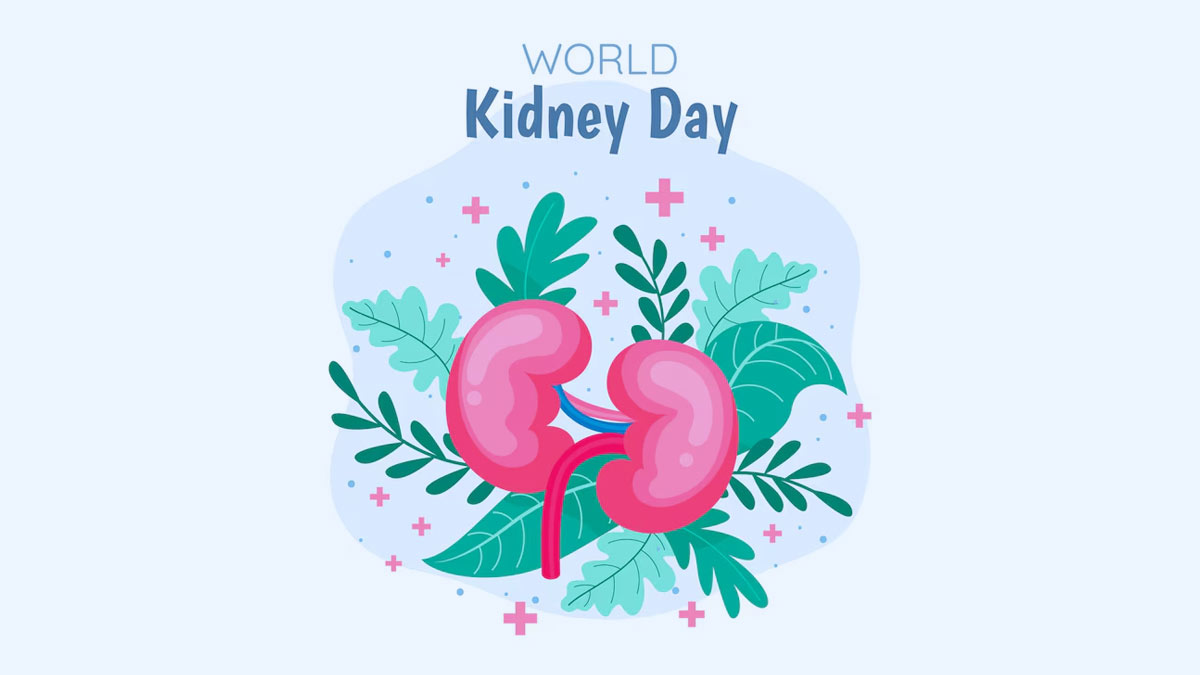
Diabetes and hypertension, commonly known as silent killers, are prevalent chronic ailments that significantly influence kidney health. Kidneys are pivotal in filtering waste products from the blood and regulating fluid balance in the body. However, both diabetes and hypertension can inflict harm on the delicate kidney structures over time, leading to conditions termed as diabetic nephropathy or hypertensive nephropathy. In this piece, let’s discuss the interplay between diabetes, hypertension, and kidney health, as well as explore preventive measures and management strategies to mitigate their detrimental effects.
Table of Content:-
Understanding Diabetes and Hypertension
“Diabetes, especially type 2 diabetes, is a metabolic disorder characterised by elevated blood glucose levels due to either inadequate insulin production or ineffective insulin utilisation by the body's cells. Conversely, hypertension, or high blood pressure, occurs when the force of blood against artery walls remains persistently elevated,” said Dr Bhumesh Tyagi, Associate Professor, General medicine, Sharda Hospital, adding, both conditions often remain asymptomatic in their initial stages, making detection without regular screening challenging.

Also read: Is Your Kidney Affected? 7 Ways For An Easy Recovery
The Connection Between Diabetes, Hypertension, and Kidney Health
According to Dr Tyagi, the kidneys harbor millions of tiny blood vessels known as nephrons, responsible for filtering waste products and excess fluids from the bloodstream. Prolonged exposure to elevated glucose levels and high blood pressure can inflict damage upon these nephrons, impairing their functionality. As per him, this damage can escalate over time, culminating in chronic kidney disease (CKD), a severe condition marked by a gradual decline in kidney function.
Diabetic Nephropathy
“Diabetic nephropathy stands as a primary cause of CKD and end-stage renal disease (ESRD) on a global scale. Elevated blood sugar levels in diabetes can inflict harm upon the kidneys' small blood vessels, hindering efficient waste product filtration. Consequently, protein may leak into the urine, a phenomenon termed as proteinuria. If neglected, diabetic nephropathy can advance to ESRD, necessitating dialysis or kidney transplantation for survival,” said Dr Tyagi.

Hypertensive Nephropathy
Similarly, hypertension can induce damage to the kidneys' blood vessels, resulting in diminished blood flow and impaired filtration. This can lead to kidney scarring, proteinuria, and a decline in kidney function over time. Hypertensive nephropathy poses a significant risk factor for CKD development and often intertwines with other hypertension-related complications like heart disease and stroke.
Preventive Measures and Management Strategies
Prevention and management of diabetes and hypertension play pivotal roles in preserving kidney health. Lifestyle adjustments, including maintaining a healthy weight, adhering to a low-sodium and low-sugar balanced diet, regular physical activity, and abstaining from tobacco use, can aid in controlling both conditions and curbing the risk of kidney damage.

“For diabetes sufferers, vigilant monitoring of blood glucose levels, adherence to prescribed medications, and routine check-ups with healthcare professionals are imperative in averting complications such as diabetic nephropathy. Likewise, individuals grappling with hypertension should consistently monitor their blood pressure, adhere to prescribed medications, and embrace lifestyle modifications to lower blood pressure and safeguard kidney function,” Dr Tyagi explained.
Also read: Dry And Sore Eyes Can Be A Sign Of Kidney Disease: Understanding The Link And Ways To Approach It
Lastly Diabetes and hypertension pose formidable risks to kidney health, underscoring the significance of early detection, prevention, and management of these ailments. By embracing healthy lifestyle habits, regular monitoring of blood glucose and blood pressure levels, and seeking timely medical intervention, individuals can mitigate the likelihood of kidney disease and its associated complications. Disseminating education and awareness regarding the impact of diabetes and hypertension on kidney health is paramount in empowering individuals to proactively preserve their kidney function and overall well-being.
Also watch this video
How we keep this article up to date:
We work with experts and keep a close eye on the latest in health and wellness. Whenever there is a new research or helpful information, we update our articles with accurate and useful advice.
Current Version